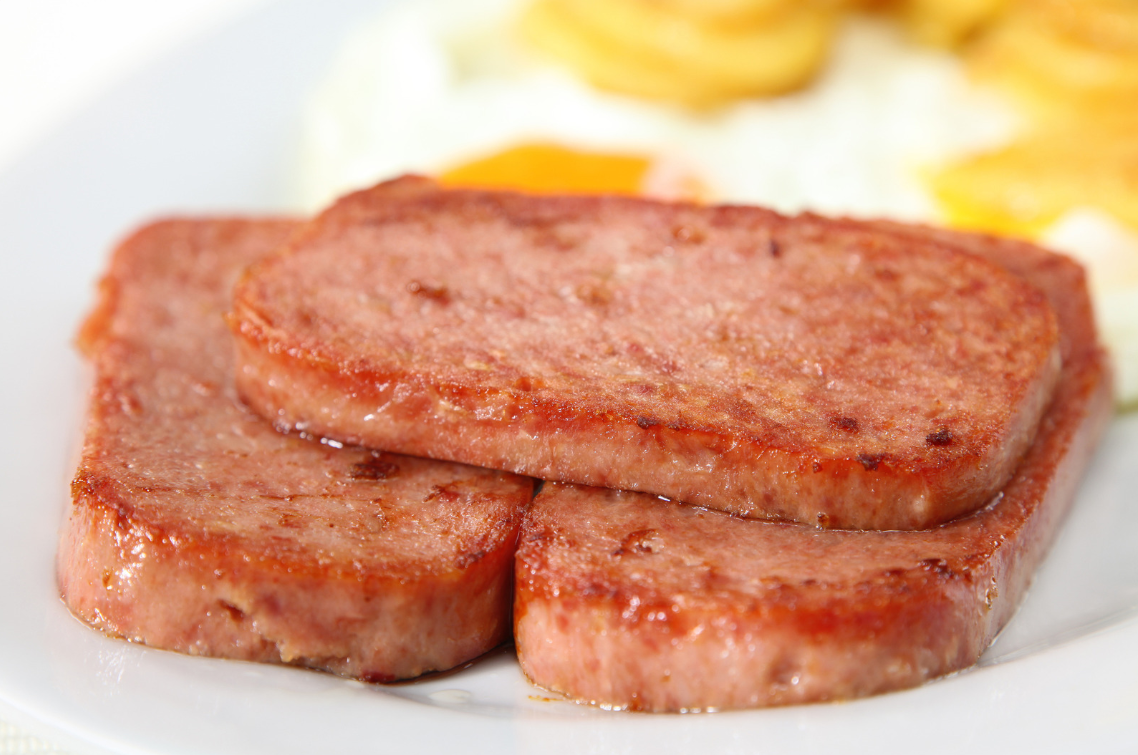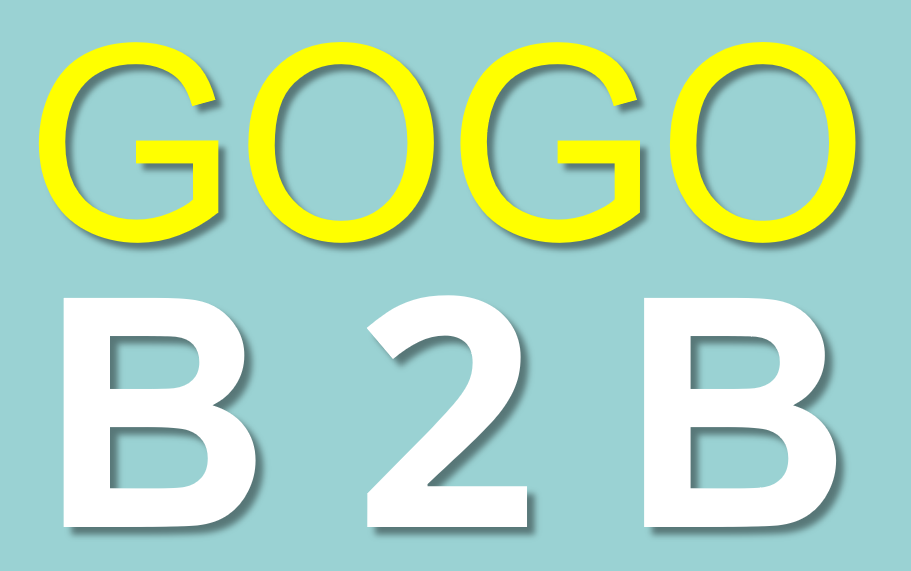Table of Contents
Sources of Halal Gelatin
Gelatin is a common ingredient in many food and non-food products, including candies, marshmallows, yogurt, and even some medications. For those who follow a halal diet, it is important to ensure that the gelatin used in these products is halal. Halal gelatin is derived from sources that are permissible according to Islamic law, and it is free from any haram (forbidden) substances. One of the main sources of halal gelatin is bovine (cow) and ovine (sheep) sources. Gelatin derived from these animals is considered halal as long as the animals were slaughtered according to Islamic guidelines. This means that the animal must be healthy at the time of slaughter, and it must be slaughtered by a Muslim who recites the name of Allah at the time of slaughter. Additionally, the animal must be bled out completely to remove any impurities from the meat. Another common source of halal gelatin is Fish. Gelatin derived from fish is considered halal because fish is considered permissible in Islam. However, it is important to note that gelatin derived from fish must be sourced from a halal species of fish, and it must be processed in a manner that is free from any haram substances. In addition to bovine, ovine, and fish sources, there are also plant-based sources of gelatin that are considered halal. Agar-agar, carrageenan, and pectin are all plant-based alternatives to animal-derived gelatin, and they are permissible for consumption according to Islamic law. When it comes to determining whether gelatin is halal, it is important to consider the source of the gelatin and the processing methods used. Many manufacturers of halal gelatin will label their products as halal, making it easier for consumers to identify permissible options. However, in some cases, the source of the gelatin may not be clearly labeled, and it may be necessary to contact the manufacturer directly to inquire about the source and processing methods used. In addition to contacting the manufacturer, consumers can also look for halal certification on the packaging of gelatin products. Halal certification is a stamp of approval from a recognized halal certification body, indicating that the product has been thoroughly vetted and meets the requirements for halal consumption. This can provide consumers with peace of mind when purchasing gelatin products.Understanding Halal Certification for Gelatin
Gelatin is a common ingredient found in many food and non-food products. It is a Protein derived from Collagen, which is found in the skin, bones, and connective tissues of animals. Gelatin is used as a gelling agent in food products such as gummy candies, marshmallows, and gelatin Desserts, as well as in pharmaceuticals, cosmetics, and photography. For those who follow a halal diet, it is important to ensure that the gelatin used in these products is halal. Halal refers to what is permissible or lawful in traditional Islamic law. When it comes to gelatin, the issue of halal certification arises because the source of the gelatin may not always be clear. Gelatin can be derived from a variety of animal sources, including cows, pigs, and fish. In order for gelatin to be considered halal, it must be derived from animals that have been slaughtered according to Islamic law. One way to determine if gelatin is halal is to look for products that have been certified as halal by a reputable halal certification organization. These organizations inspect and certify products to ensure that they meet the requirements of Islamic dietary laws. When a product is certified as halal, it means that the ingredients and production processes have been thoroughly reviewed and deemed to be in compliance with halal standards. Another way to determine if gelatin is halal is to look for specific labeling on the product. Some manufacturers will label their products as halal, indicating that the gelatin used in the product is derived from halal sources. However, it is important to note that not all halal products are labeled as such, so it is always best to look for products that have been certified by a reputable halal certification organization. In some cases, the source of the gelatin may not be clearly labeled or certified as halal. In these instances, it may be necessary to contact the manufacturer directly to inquire about the source of the gelatin. Some manufacturers may be able to provide information about the source of the gelatin and whether it is halal. If the manufacturer is unable to provide this information, it may be best to avoid the product if halal certification is a priority.| Product Name: | Edible gelatin/Gelatin Powder/Gelatine |
| Use type: | Functions such as gelation, foaming, stability, thickening, adhesion |
| Shelf Life: | 2 Years |
| Content: | Collagen, water, Amino Acid composition |
| CAS No.: | 9000-70-8 |
| Applications: | Food Additives, Health product capsules |
| Model Number: | 120 Bloom-300 Bloom |
| Particle Size: | 8-60 Mesh |
| Minimum order quantity: | 500 kilograms |
| HS CODE: | 3503001000 |
| Package: | 25KG packing bag |
| Instruction for use: | Dissolve in water according to the use proportion |

